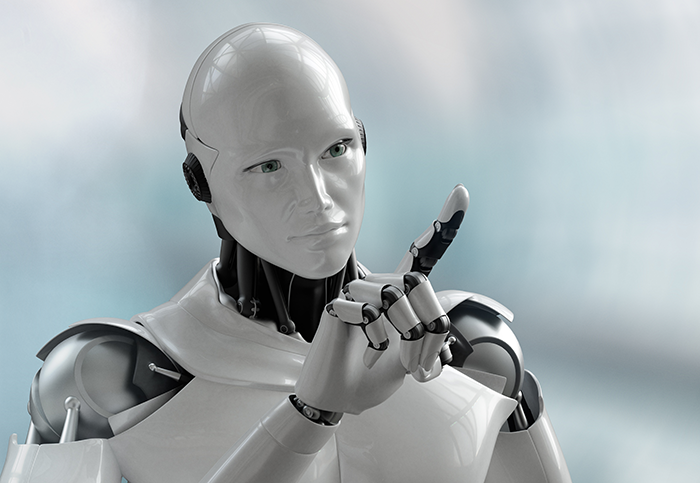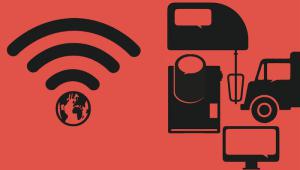
Photo: istock
Imagine a world where your robot workforce is managed by – you guessed it – a bigger, more powerful robot.
For many, this invokes images of a world normally reserved for startups and Silicon Valley. Few of us in the NHS finance community could have imagined being at the centre of the seemingly futuristic.
Yet here we are in 2019 with Robotic Process Automation (RPA) rapidly reaching new levels of sophistication across NHS financial processing.
Just one year on from our deployment of robot number one, affectionately known as Freddie, 45 now work routinely across nearly 300 different NHS finance departments. Day in day out they carry out 130 different processes – repetitive tasks that do not require the human brain.
It means that in general ledger, for instance, accounts can be closed earlier enabling faster reconciliation. Where 45 people once produced month end reports, reconciliations robots now complete those tasks whilst being coordinated by ‘Orchestrator’, which – as the name suggests – acts like a supervisor to ensure they all finish their assigned work package by midday.
After working day one our supervisor bot then ensures payroll is reconciled and ready to go for the 19th day, saving 10 members of staff from having to spend those days completing reconciliations manually.
The headline result is that, by the summer, we expect to hit the milestone of two hundred thousand man-hours saved – a huge amount of employee time that can be diverted to dealing with more complex matters.
'The headline result is that, by the summer, we expect to hit the milestone of two hundred thousand man-hours saved – a huge amount of employee time that can be diverted to dealing with more complex matters.'
Of course, as mundane manual processes disappear, the number of humans needed to fulfil them is reduced. But our experience is proving that – in common with tech advancements throughout history – this also leads to the creation of new, more interesting career opportunities.
Much of the time saved through RPA in the NHS, for instance, is from processing tasks that were previously carried out offshore. And the reality is that many of those employees are reskilling as, for example, developers or business analysts.
With RPA the implementation of single robots is now relatively easy. Indeed, there are isolated examples popping up to good effect in individual NHS trusts. But it is the sheer scale of deploying multiple robots across many organisations all at once, which makes the NHS back office a perfect fit. And the most recent development is the most exciting to date.
The introduction of Orchestrator, which is provided by automation experts UIPath, is accelerating the benefits of our new robotic workforce beyond anything we have seen thus far. Rather than many robots working in isolation, we now have the ability to run them in parallel.
It means that as workloads and priorities change, robots can be grouped into queues and kept busy with prioritised work. Enhanced reporting, meanwhile, provides real time facts and figures to ensure the robots are delivering what they need to, when they need to.
This last year has given us more than a glimpse of what can be achieved through robotics. But as digital technology continues to develop at an unstoppable pace, what seems amazing today is very quickly surpassed. It inevitably begs the question – where next?
Fast forward another 12 months and the answer almost certainly involves machine learning and Artificial Intelligence (AI).
This next step, from ‘transactional’ to ‘intelligent’, will continue to be game-changing for accountancy, enabling the analysis of masses of data in a far more efficient way than has ever been possible.
As intelligent robots (or whatever we choose to call them) actually begin to inform the decision-making process, the value to the NHS – even to us accountants – becomes almost incalculable.



















